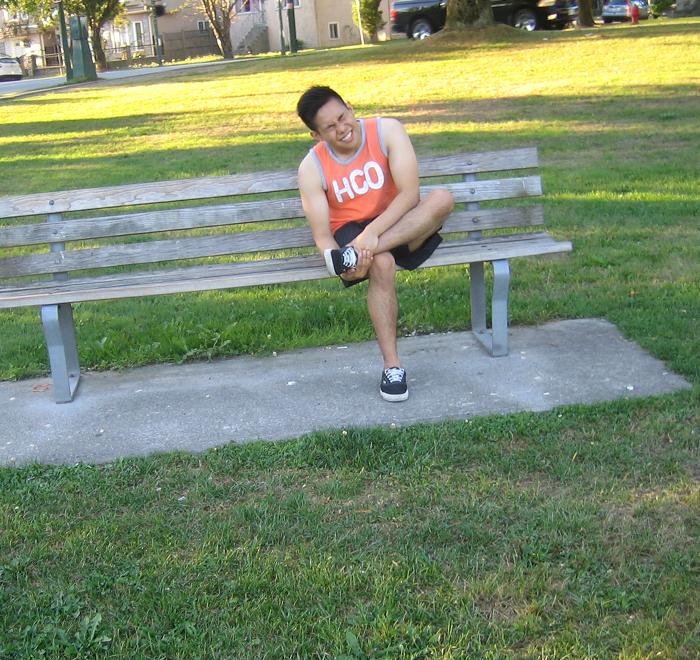Metatarsalgia is a condition where the ball of the foot becomes tender and irritated. This develops when performing activities such as running and jumping. It can also be due to deformities of the foot and wearing shoes that are too tight or loose.
Symptoms
- Due to the pain, more pressure is placed on the less painful area of the foot and result to formation of callous on the skin.
- Pain becomes worse with flexion of feet.
- Pain is severe or burning and can spread to the toes
- A sensation as if walking on a pebble.
Due to the pain, more pressure is placed on the less painful area of the foot and result to formation of callous on the skin. - Severe pain can be felt when walking barefoot on hard surfaces and improves when resting.
Causes
- Performing intense training or activity. Anyone performing high impact sports is also at risk of metatarsalgia if wearing poorly fitting shoes or worn out.
- A high foot arch places extra pressure on the metatarsals
- Wearing ill-fitting shoes or high heels causes deformity of the foot.
- Hammertoe or bunions that develops at the base of the big toe.
- Being overweight
- Wearing shoes with a narrow toe box and athletic shoes without support and padding.
- Stress fractures or small breaks in the metatarsals.
- Morton’s neuroma
- Inflammatory arthritis such as rheumatoid arthritis or gout
Treatment of metatarsalgia
- Take plenty of rest. Protect the foot from stress to lessen pain and for fast heaing of the condition. Elevate the affected foot after walking or standing.
- Minimize walking and performing vigorous activities such as jogging and running.
- Stretch the calf muscles to pull the Achilles tendon to lessen stress on the metatarsal bones.
- Apply an ice pack on the affected area for at least 20 minutes at a time several times every day to lessen pain and inflammation.
- Use metatarsal pad to lessen strain and stress on the bone. It helps distribute weight equally on all areas of the foot.
- Massage the soles of the foot using coconut oil for proper flow of blood in the area and for fast healing of the condition.
- Take the prescribed over-the-counter pain medication such as ibuprofen, naproxen and aspirin to lessen inflammation and pain.
- Wear proper shoes and minimize wearing high-heeled shoes to prevent metatarsalgia.
FACT CHECK
https://www.webmd.com/a-to-z-guides/metatarsalgia
https://www.medicalnewstoday.com/articles/190431.php
https://www.mayoclinic.org/diseases-conditions/metatarsalgia/symptoms-causes/syc-20354790


